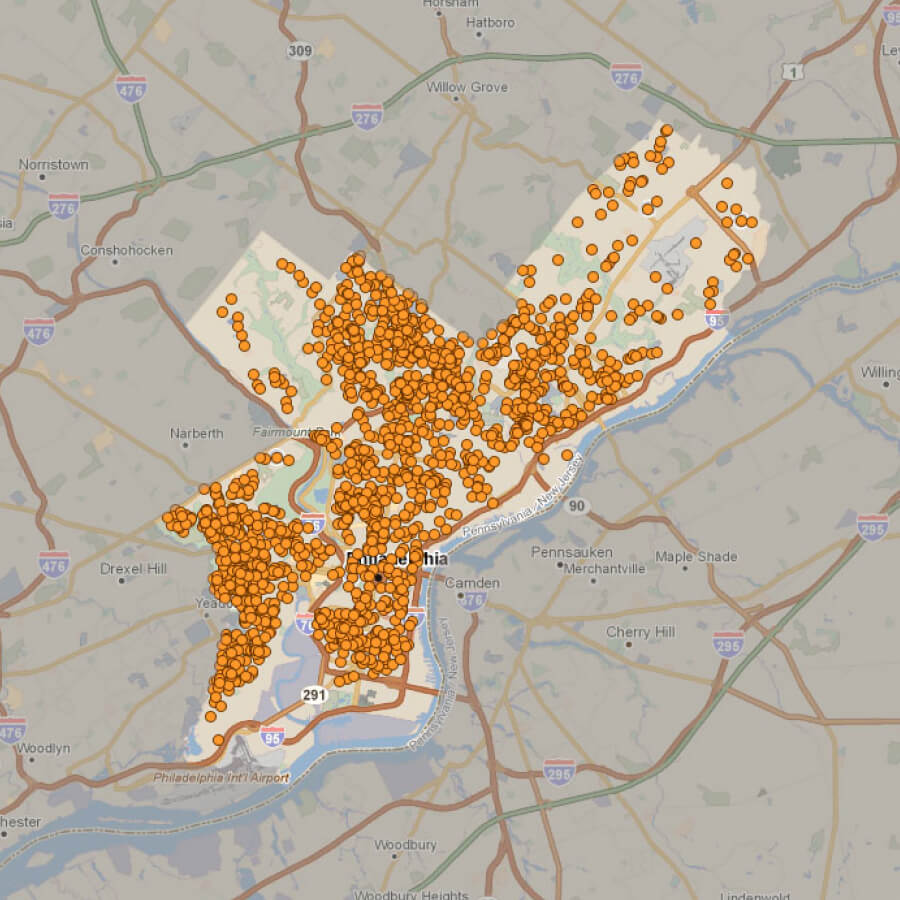Fund for Quality Expanding early childhood education in Philadelphia
Eligibility
Organizations first apply to the Planning Phase of the program, and must meet the following eligibility criteria:

Existing high-quality operator (STAR 3 and 4) at over 50% of sites

Serving low-income populations
(over 50% of children served receiving subsidy funding including CCW, Head Start, Early Head Start, PreK Counts, and PHLpreK)

Positive attendance trends and strong business plan

Organizational capacity for expansion

Projects that will increase licensed capacity by 40 or more

Ownership or long-term lease on property and landlord consent for renovations
In addition, the program aims to support organizations serving vulnerable populations, and located in areas with large high quality shortage on Childcare Map.
Childcare Center Design Guide
Childcare Center Design Guide
July 2017
This guide may provide a current operating childcare provider or a prospective provider with information for the planning and design of early childhood spaces that highlight the high-quality early childhood care, education, mission, and vision of the center. This guide compiles licensing and regulatory requirements established by the Pennsylvania Department of Human Services (DHS) and the City of Philadelphia, as well as best practice recommendations per the National Association for the Education of Young Children (NAEYC), the Environment Rating Scale (ERS), and Caring for Our Children (CFOC).
Design for All
January 2020
Design for All builds upon the 2017 publication concept that a childcare center should encourage ALL children’s social, physical, intellectual, creative, and emotional development through play and learning. Design for All also calls attention to the unique needs of adults with disabilities who work in or visit a childcare center. Design for All should be viewed as a collection of new items that current or prospective providers can incorporate into the renovation or design of a childcare facility. Similar to the 2017 Design Guide, implementing the Design for All concepts will require concurrent consideration of regulatory requirements and recommended practices.
NOTE: Information related to the purchase or construction of a center should be reviewed with professionals such as architects, engineers, zoning officials, and other licensing agencies that have jurisdiction over childcare centers prior to a purchase or when planning for a construction project.
Resources
-
FFQ ECE Construction and Design Professionals List – Philadelphia Area
March 2024
-
City of Philadelphia: A Guide for Child Care Providers
Spring 2018
-
Philadelphia Zoning Code: Quick Guide
September 2022
-
OCDEL Opening a Pennsylvania Child Care Facility
-
Child Care Business Basics: a guide to financial and accounting concepts
2020
-
City of Philadelphia: Water quality requirements for schools and day care facilities
January 2020
-
Pennvest free testing for lead in drinking water
-
Philadelphia Fire Safety Inspection Resources: Child Care Centers
MARCH 2020
-
Philadelphia Fire Safety Inspection Resources: Child Care Homes
MARCH 2020





